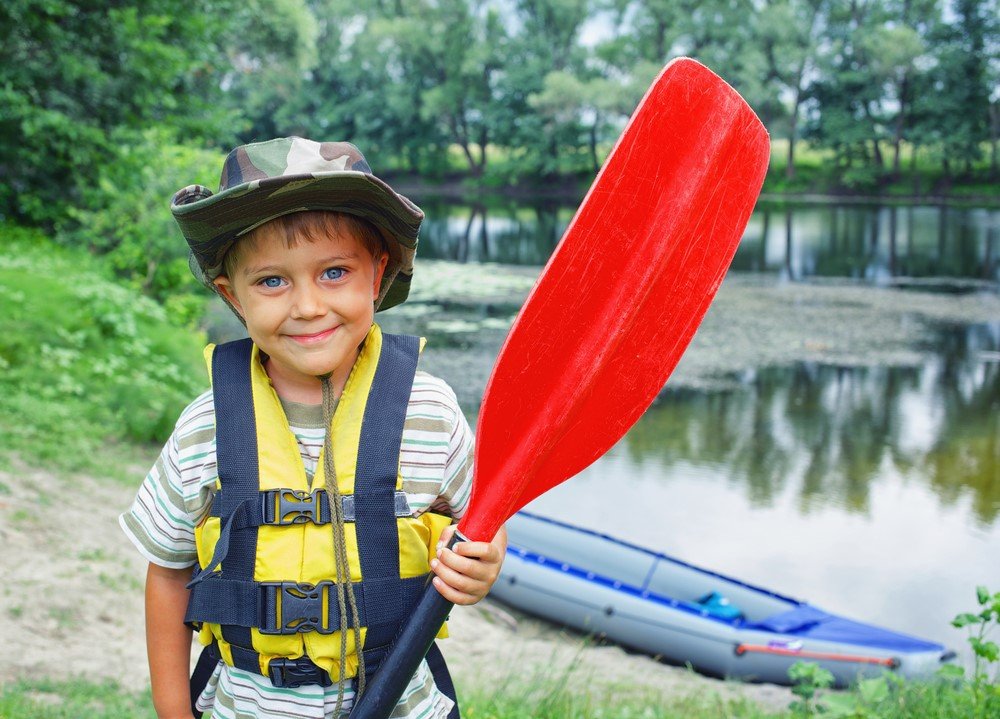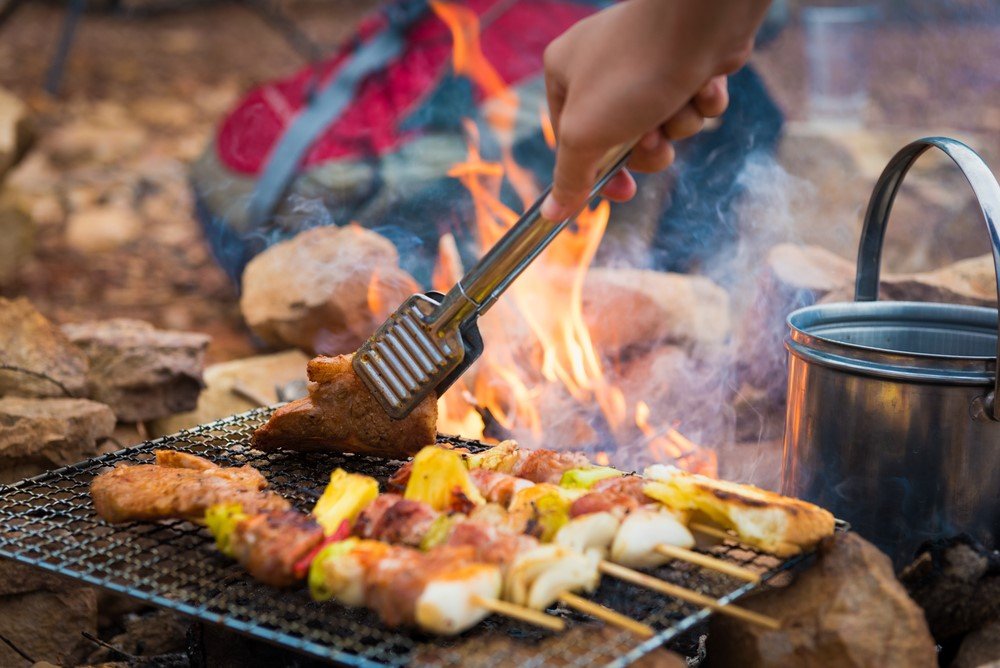Even if you have pitched a tent before, when it comes to kids tagging along, planning a family camping trip requires some extra thought.
From packing merino wool socks to booking your trip early, If you are planning a family camping trip, here are some things to keep in mind so everyone has a great time.
1. Allow Your Kids to Participate in Planning Your Camping Trip
You can help your kids build lasting outdoor confidence and a lifetime love of nature by involving them in the planning process for your trip. If your kids are old enough to weigh in, ask them what they enjoy about the outdoors and what snacks they might want to bring along for the trip. Get their opinions on what seems fun and what they would prefer doing. Maybe they would prefer paddling on a kayak to fishing, or they would prefer having hot dogs over hamburgers.
2. Decide What Kind of Camping is Best for Your Family
Roughing it in a tent is not always the best choice for a family camping trip. Thanks to the rise of glamping and vacation booking sites that offer alternatives to more traditional rental services, you have more options than ever. Maybe your family would enjoy a few nights in a treehouse, a yurt, or a rustic cabin in your local state park. Or maybe you’re ready for tent camping or even an overnight backpacking trip. Ultimately, it’s important to be honest and realistic about your expectations for the trip and figure out what will make everyone most comfortable—and therefore lead to the most fun.
3. Pack Camping-Appropriate Clothes
You know that old saying that cotton kills in the wilderness? It’s true—if you get stuck in the elements in the wrong kind of clothing, you run the risk of becoming hypothermic. Even if you’re camping on a hot summer night, it’s important to pack clothing that will perform well outdoors, like socks and base layers made of merino wool which are breathable and moisture-wicking to keep you cozy and comfortable. Wearable far past winter months, you can also wear merino wool in the summer.
4. Consider Staying Local
You don’t have to fly out to a National Park on the other side of the country to have a fun family camping trip. Even if you’ve never been camping near your hometown, chances are there’s something within an hour’s drive that could be a fun getaway for your family. Especially if you’re camping for the first time or it’s the first camping trip for your kids, staying close to home can be a wise decision in the event the weather turns or tent camping turns out not to be a fun time for the little ones.
5. Investigate the Amenities at Your Campground

Source: Max Topchii/Shutterstock.com
As you look for a campground, make sure you’re aware of what kinds of amenities they have. Some may have an outdoor pool, arcade barn or a few setups for sports like Frisbee golf or volleyball, and some offer little more than a picnic table and fire ring. Having some amenities can be a great way for the family to enjoy their favorite activities and keep everyone happy.
Some campgrounds, including those at some popular National Parks, offer kid-friendly programming like DIY crafts,nature scavenger hunts, movie nights or stargazing events. Look through the campground’s website for activities or, if your trip is a little beyond their updated calendar, call them directly to see what kinds of things they typically do during that time.
6. Find Local Attractions to Visit
Camping can be a budget-friendly way to visit a new city. If you’re camping somewhere new, don’t forget to look beyond the campground for attractions if you’re planning to use your tent as a basecamp to explore another city. . In fact, this might guide you to choosing the perfect campground. Maybe here’s a county fair or town festival happening while you’re in town, or maybe there’s a kid’s museum a short drive from your campsite. You can even find campgrounds near major attractions like water parks or amusement parks, too.
7. Book a Site Early
Camping makes an affordable vacation for families. However, this also means coveted campgrounds can fill up rather quickly. If you know when you want to go, book as early as possible, especially if a campground has lots of family-friendly activities and extra on-site amenities. Especially if you have specific needs or wants for your campsite, such as if you need to be close to the bathrooms or desire a waterfront site for launching a canoe, the sooner you book, the better. Specialty sites like cabins and yurts can go fast, too.
8. Make Your Meal Plan Ahead of Time

Source: Sorn340 Studio Images/Shutterstock.com
When planning a family camping trip, make a day-by-day meal plan ahead of time so you’re not scrambling last-minute to figure out campfire-friendly foods. You might want to to prepare meals in advance so that all you have to do is warm them up in a Dutch oven or over a campfire, or you may want to go a little more gourmet and bring a gas stove, heavy-duty cooler, and cook from scratch in your open-air kitchen.Knowing what meals are scheduled can also help you plan where to place items in the cooler. Packing last-day items in the bottom can keep them frozen longer.
If you’re camping close to a city or town and you’re willing to leave your campsite, look up local restaurants in advance to see if there’s something that might be enticing for the family. Eating out is an extra special treat on rainy nights at the campground, and allows you to explore a nearby town. Having breakfast or lunch on a pack-out day also makes a nice reward, encouraging kids to help pack faster.

